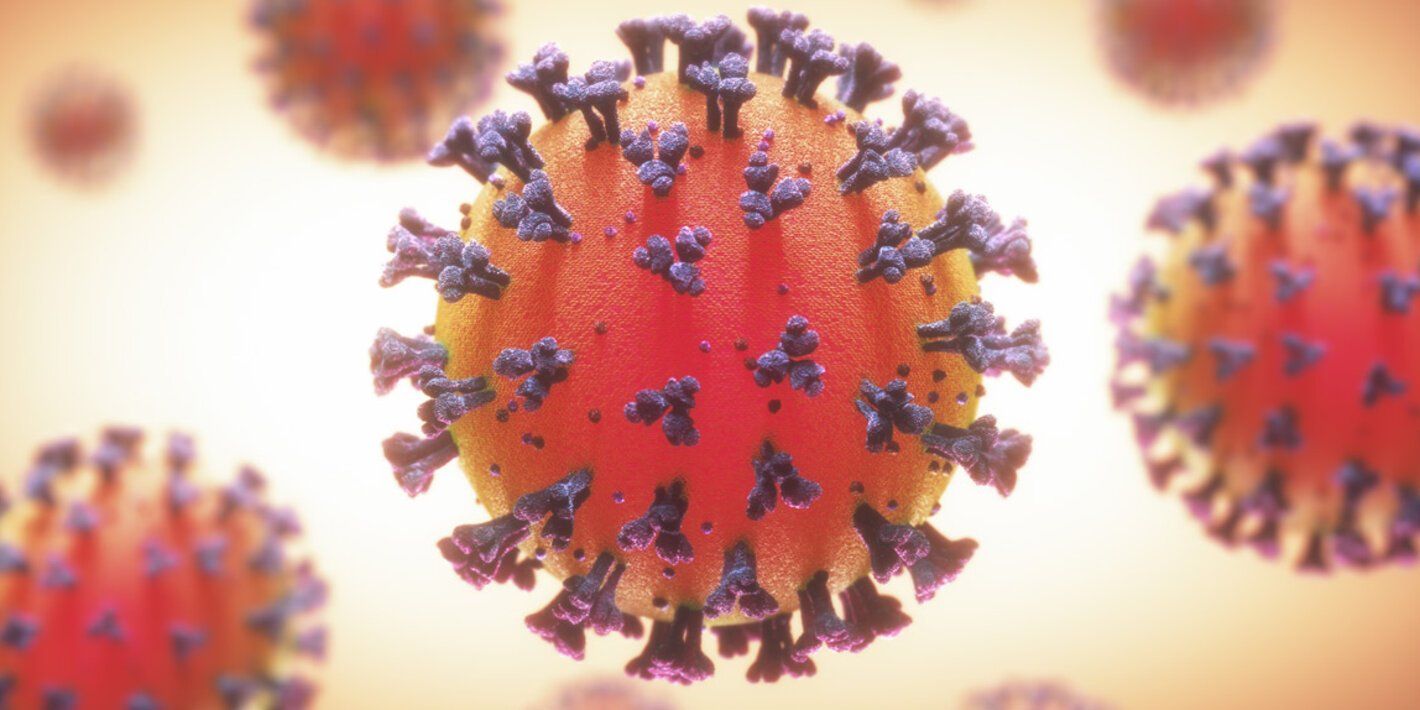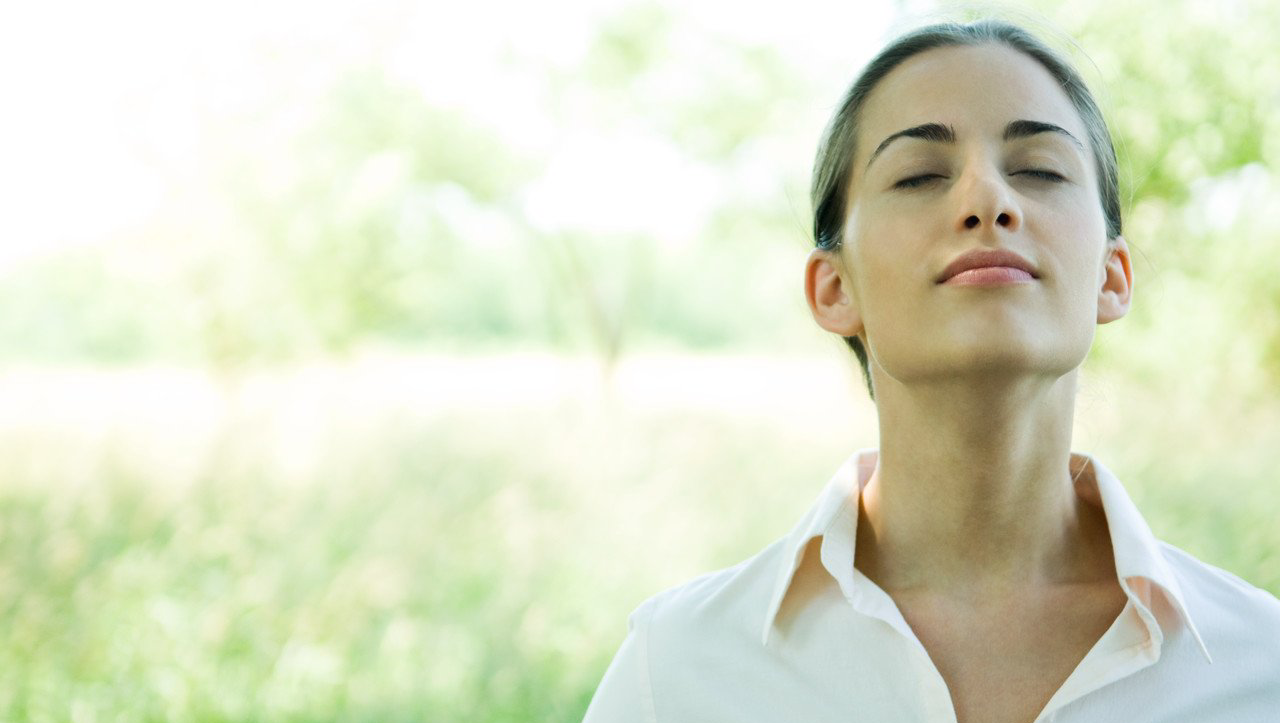Blog
MINDING YOUR HEALTH
A blog devoted to sharing simple strategies for improving your overall health - mental and physical - and for enhancing your well-being.

By JoAnne Epping-Jordan
•
20 Jul, 2020
Spouses or other loved ones of people who have cancer face their own set of demands. Yet these challenges are often ignored or disregarded in the wake of the multiple stressors faced by patients themselves. Spouses face a unique set of concerns. This can include the burden of becoming the sole breadwinner for the family, balancing their own work demands with the patient’s increased needs, dealing with the concerns of children, and coming to terms with the possibility their spouse might die and they will be alone. Often, cancer treatment can lead patients to be less interested in sex, which can cause additional stress in the relationship. A common problem is spouses “putting on a brave face” despite these stressors. They might assume that they need to appear strong and in control for their loved one who is sick. Or, they might think that their feelings or concerns are unimportant in comparison to the person who has cancer. This can lead to impaired communication in the couple, and increasing resentment in the spouse. The truth is that sadness, fear, and anger are a normal part of the cancer experience - for both patients and spouses. It is not necessary for spouses to ‘stay positive’ and in fact, many with cancer find it invalidating or tone-deaf when their partners respond in this way. The key to successfully navigating cancer is to communicate openly within the couple. This involves each person allowing and making room for the other’s thoughts and feelings. And recognizing that the suffering of the person with cancer does not invalidate the suffering of the spouse. American Cancer Society Stanford Medicine

By JoAnne Epping-Jordan
•
26 Jun, 2020
You have cancer, and you are worried about losing your hair. Rest assured, you are not alone. A recent scientific review found that hair loss was consistently rated as one of the most distressing aspects of cancer treatment. Health-care providers, who are focused on treating the cancer itself, often underestimate the psychological impacts. Patients can be left feeling that they are being silly for worrying about something as trivial as their appearance. There is nothing silly or strange about dreading hair loss. Our hair is a key aspect of our identity and the way we communicate that self-concept to the world. A glance at someone’s hairstyle helps us understand whether that person is classical or edgy, carefree or meticulous, young or old, healthy or sick. We tend to associate a full head of hair with youth, health, and vibrancy. It’s perhaps not surprising then that people who lose their hair – for any reason – are often concerned about their attractiveness. People who lose their hair due to chemotherapy share those concerns and in addition, feel freakish or the center of attention if appearing in public without some sort of coverage. “I don’t want people to pity me,” is another comment I hear frequently about why people elect to wear hair pieces, wigs, or scarves. Even just looking in the mirror is a continual reminder of the cancer. Hair loss due to chemotherapy isn’t limited to the scalp. Depending on the specific medications used, chemotherapy also can result in losing your eyebrows, eyelashes, and pubic hair. Hair loss in these body areas can be more devastating to people than simply losing the scalp hair. So what can you do? The good news is that you get to decide the response that suits your personality and priorities. In my career, I have seen a wide range of responses: from labor-intensive cold caps (or scalp cooling) to minimize hair loss, head shaving in advance of/or at first signs of hair falling out, use of wigs, hats and/or scarves, and my personal favorite: rocking baldness with bad-ass earrings and a moto jacket. (Don’t forget sunscreen if you opt to go au naturel.) Eyebrows and eyelashes can be approximated with pencils and falsies – or not. It’s really up to you. The point is that you can – and should - continue to claim and express your identity even as you lose your hair. In time, your hair will start growing again. It might not look the same as before. For most people, this is temporary, and their usual color and texture return in time. This period is another opportunity to express yourself or maybe try something new. Some people decide that they like wearing their hair short, and they continue with this style even though they had long hair in the past. Others experiment with fun colors like pink, blue, or green while their hair is in the early grow-out stages. Once again, there is no right or wrong – it’s your body, and it’s your choice. American Cancer Society Mayo Clinic

By JoAnne Epping-Jordan
•
18 Jun, 2020
SARS-CoV-2 (the coronavirus) doesn’t care how we feel. It also doesn’t care about our economic difficulties, growing family strife under lockdown, political views on mask wearing, or reasons for protesting in the streets. It just does what it does: infect, replicate, and spread.

By JoAnne Epping-Jordan
•
13 Jun, 2020
As we approach the mid-point of 2020, I wonder what else might happen in this already calamitous year. Who would have thought as we rang in 2020 that it would bring a global pandemic, the end of our day-to-day lives as we knew them, massive unemployment, countless lives lost and many more disabled from COVID-19 complications, American culture wars and political dysfunction, unthinkable brutality and abuse of power captured for the world to see, and now protests around the world against systemic racism and police violence. I am exhausted just thinking about all of it. It’s no wonder that stress and anxiety are at record levels. But it’s not just that … many people are also feeling depressed and hopeless. No doubt you have already been flooded with self-help tips for coping with the stress of everything. In my view, taking care of your body is fundamental to everything else you might try. That means regular physical activity, healthy food choices, and sufficient sleep (at least 7-8 hours for most people). My next major piece of advice is to keep a regular schedule. Set regular bedtimes and get out of bed at around the same time every day. If you are working from home, create designated workspaces and dress for the workday as though you were still going into the office. Beyond this, it is helpful to find ways to incorporate relaxation, social connection, and moments of fun and lightness into your routine. And although the world might be turned upside down, flowers are still blooming, baby birds are hatching and fledging, and sunrises and sunsets are as beautiful as ever. Seek opportunities to ground yourself into the rhythms of nature that remain unchanged.

By JoAnne Epping-Jordan
•
14 May, 2019
If you want to protect your cognitive function as you age, stop wasting your time (and money) playing brain games, and engage in regular physical exercise instead. In addition, pay attention to what you are consuming, with an emphasis on a Mediterranean diet, limited alcohol use, and no smoking.
PLEASE NOTE: The contents of this blog are for informational and educational purposes only, and should not be considered therapy or any form of treatment. Use of this blog does not imply nor establish any type of professional or therapeutic relationship with Dr Epping-Jordan.
Copyright © JoAnne Epping-Jordan PhD. All Rights Reserved.

